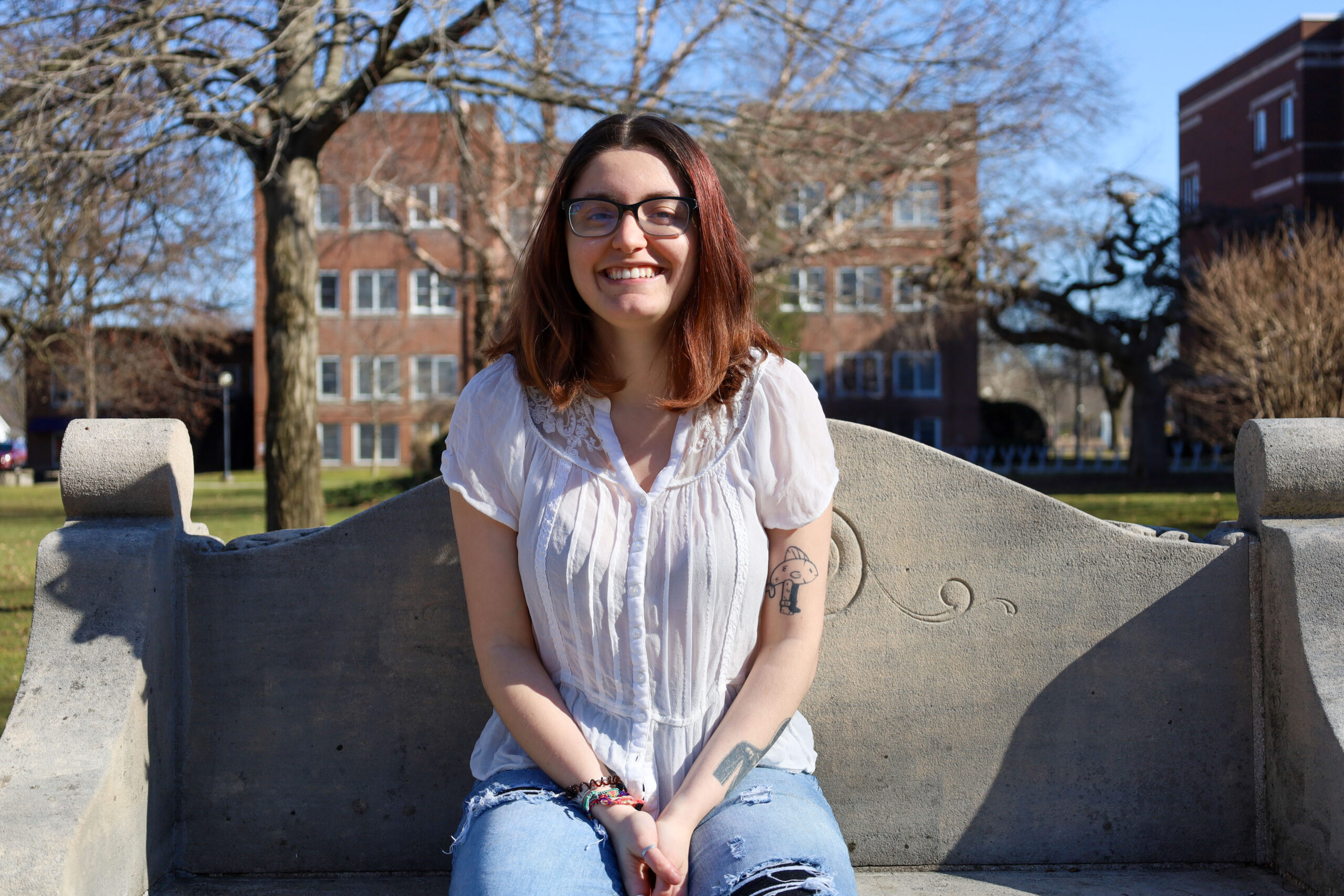I grew up in Costa Rica. When I was about 12, my older brother sat me down and kindly explained what feminism was to me. Since then, feminism has been a great source of strength for me. My ideas about feminism and sexism have evolved greatly, especially while moving abroad into cultures where sexism presents itself so differently.
"Even though Latin America is always talked about as a place where sexism is prevalent, I would argue the U.S. is not doing much better."
—
Since I came here, sexism seems more hidden — something that is not considered a real issue, as if legally giving women equal rights years ago was all that was needed to eradicate the social issues that are present from patriarchy. This has made me feel more alone and like I had less accessible support, especially in situations of discomfort that occurred in public.
I remember two particular instances where I’ve felt isolated because of the silence of other bystanders. Once, on my way to college on a public bus, I watched a woman being aggressively grabbed by her boyfriend, while she shouted “don’t touch me.” Nobody intervened. I just sat there, shaking, with pepper spray in my hands questioning why no one was doing anything and if I should, being new to the States and only 19 at the time.
I also remember an encounter where I was approached by multiple older men insistently asking me for my phone number and “where I was going” and if “they could come with me.” Again, no one intervened.
The biggest difference between sexism in the United States and Costa Rica is not the presence of sexism, but how common it is to talk about it.
I have felt like help is less accessible in U.S. culture, specifically for women.
In Costa Rica, there are organizations such as INAMU (National Institute of Woman) that were made specifically to tackle issues that arise from misogyny, whereas the US has no such centralized agency. When I first came to the U.S., I assumed problems such as femicide or domestic violence were not prevalent issues. Later I came to find out that is not the case.
Recent articles by the History News Record, the Chicago Policy Review, and the Washington Post have referenced the increase in femicides in the U.S. in recent years. The History News Network said, “among peer countries, the United States accounts for 70 percent of incidents of femicide and ranks 34th among all countries.”
Articles written by the Chicago Policy Review and the Guardian refer to this as a “silent epidemic,” and looking at the statistics, it is. Even though Latin America is always talked about as a place where sexism is prevalent, I would argue that the U.S. is not doing much better. One article by the Chicago Policy Review states that in comparing murders of women from Mexico with the U.S., “femicide rates in both countries have been similar in recent years.”
It is worth mentioning that data on femicides in the U.S. was difficult to find, presumably because the term femicide is not as widely accepted as it is in Latin America, as discussed by award-winning Karla Zabludovsky in the article “Were the Atlanta shootings a case of femicide?” on MSNBC News.
While sexism and violence against women is something that needs to be talked about nationally, something that makes me hopeful and encouraged about my experience here is the feeling of openness in discussion about these issues I have experienced from Goshen College faculty and students. The GC environment has given me the same sense of community and drive I got from the University in Costa Rica, which was what motivated my brother, and later, me, to care about feminism.
Social movements cannot occur without a sense of community and validation from other people. My hope in writing this piece is for people to feel empowered to tap into the community that is present at GC to create real social change.
Sexism is as much of an issue in the United States as it is in Latin America. Let’s keep talking about it.
Pamela Murillo Zamora is a chemistry major with a women’s and gender studies minor from San Carlos, Costa Rica. In her free time, she enjoys taking long walks and hanging out with her friends and family.




